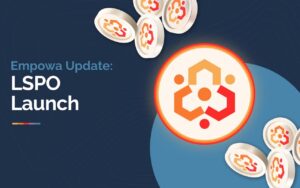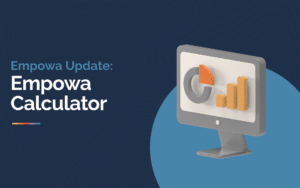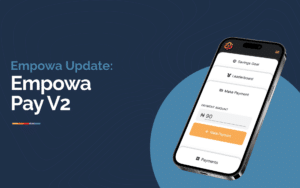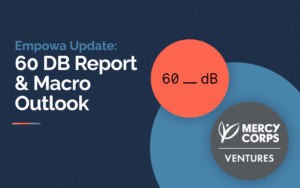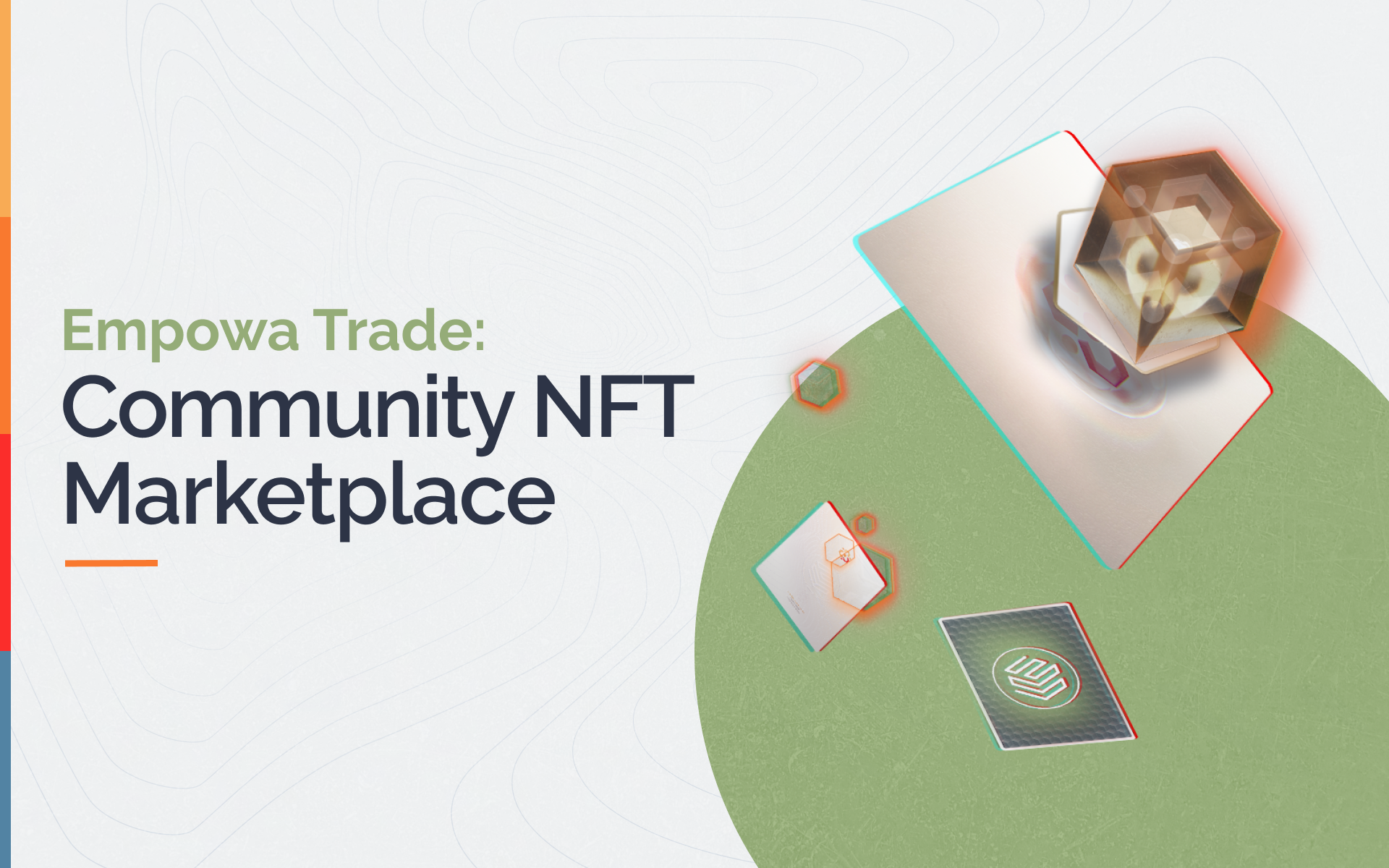
Empowa Trade – Community NFT Marketplace
As we continue to work towards an ecosystem-wide Collateral Treasury (as described in our Blackpaper), where $EMP token holders can support housing projects through Collateral NFTs, we are happy to announce that in collaboration with Harmonic Labs we have implemented an Empowa ecosystem marketplace. This marketplace will allow community members to trade Empowa Community NFTs* using $EMP.
This is an important step in preparation for the Collateral Treasury, as when introduced it will allow community members to trade their Collateral NFTs prior to maturity without needing to manage the exchange rate risk of using a more general purpose marketplace that uses an alternate currency, such as $ADA. Fees collected from this marketplace may also be able to contribute towards the Collateral NFT returns.
As part of our continuing commitment to the Cardano community, this ecosystem specific marketplace, developed using plu-ts, will be open sourced to allow other projects to deliver similar capabilities. A public testnet version of the marketplace is available now and can be accessed at https://preprod.empowa.app. We invite the community to assist in testing this marketplace and are offering a bug bounty with a total budget of up to 10 000 $EMP. In addition to community stress testing, we are also exploring having the smart contracts audited through one of the trusted Cardano ecosystem auditing firms.
To contribute to the testing of our ecosystem marketplace, you will need to acquire $tEMP (Test EMP) from the Faucet at https://preprod.empowa.app/profile and $tADA (Test ADA) from https://docs.cardano.org/cardano-testnet/tools/faucet/ (select Preprod Testnet from the Environment dropdown). While the marketplace denominates sale items in $tEMP, transactions still require a small amount of $tADA for minADA and network fees. If you identify an issue please report it via our support portal at https://t.ly/YZOvV.
We have also submitted a proposal to Catalyst Fund 11, requesting funding to support the work required to make the open source version of the marketplace more accessible to the Cardano community and to ensure the smart contracts are audited. If you would like to support our Catalyst proposal, it can be reviewed on the IdeaScale platform at https://cardano.ideascale.com/c/idea/114080.
* Community NFTs are different to the SDRIs described in our Blackpaper. SDRIs are only available to qualified investors, whereas Community NFTs are available to our entire Empowa community.
FAQs:
Why does Empowa need an ecosystem marketplace?
The Collateral Treasury is an important component of Empowa’s proposed solution, as it gives investors confidence that there is a liquid asset available to cover any losses in the event of a housing partner default. This does not replace recovery through the houses themselves, but manages the risk associated with liquidating houses in emerging markets.
As $EMP will represent a unit of house, the Empowa Collateral Treasury will hold sufficient $EMP to collateralise an agreed portion of the houses currently being financed, and will be capitalised through the sale of Collateral NFTs, sold in $EMP. The return on these Collateral NFTs will be based on their lockup period (e.g. 1, 3, 6 months), so holders of these NFTs may wish to trade them prior to maturity. As the NFTs are purchased in and yield $EMP, trading them on general purpose marketplaces that use currencies such as USD or ADA, will expose traders to the exchange rate between $EMP and the marketplace’s currency.
An Empowa ecosystem specific marketplace removes this risk by allowing holders to trade Collateral NFTs in the same currency they are denominated in, $EMP.
Why did you choose plu-ts?
Like for many Cardano based projects, the availability of qualified Haskell developers has been challenging for Empowa. Also, as our development team already has considerable experience using TypeScript, we were interested in exploring the capabilities being implemented by Harmonic Labs with plu-ts.
We were also keen to support the growing diversity in Cardano smart contract development, as this will help attract developers to the Cardano ecosystem, which benefits all projects building on Cardano by having a larger pool of resources to draw from. Providing an open source and real world example of how a different smart contract language can be used, is another way we can contribute back to the Cardano community that has supported us since Empowa’s beginning.
What features does the marketplace have that when open sourced other projects could benefit from?
The key features of the ecosystem marketplace smart contracts are:
- Ecosystem native token exchange – When deployed the marketplace smart contract will require listed items to be traded in exchange for a specified number of tokens of the asset ID configured into the smart contract. Users will not be able to use tokens other than the one configured in the smart contract.
- Fee reference input – As for any marketplace a processing fee is applied to all transactions. This fee is recorded in a separate smart contract (as a percentage) using a special purpose NFT, that can then be referenced by the marketplace smart contract. This allows the fee to be modified if required without needing to redeploy the marketplace smart contract.
- Deployment scripts and SDK – To simplify the deployment of the marketplace smart contracts, scripts are available that use a configuration file (for asset ID, fee, etc.) to simplify the deployment of the smart contracts. An SDK also allows developers to implement interactions with the marketplace smart contract (list, buy, update, unlist) from their dApp interface.


